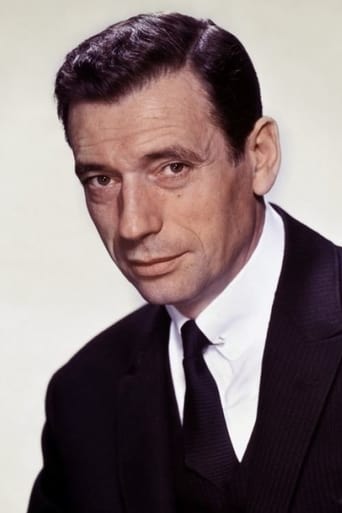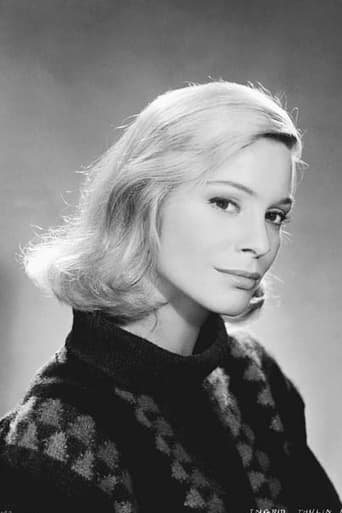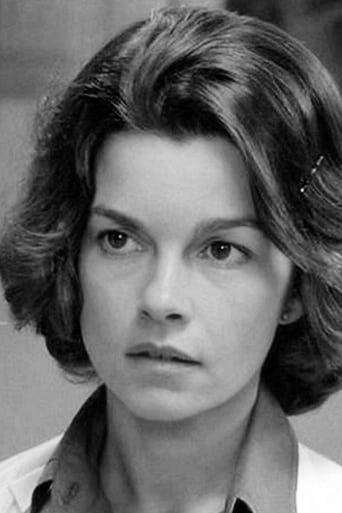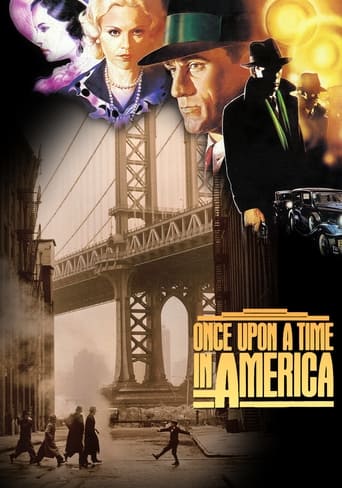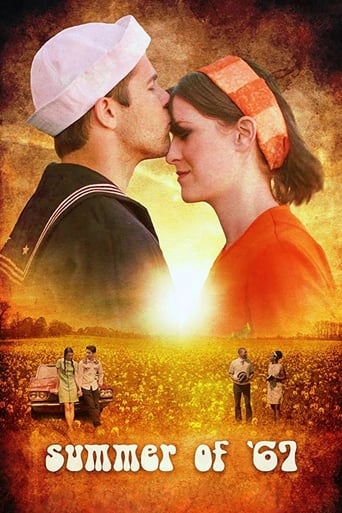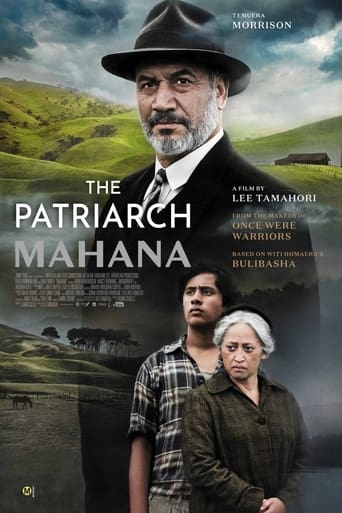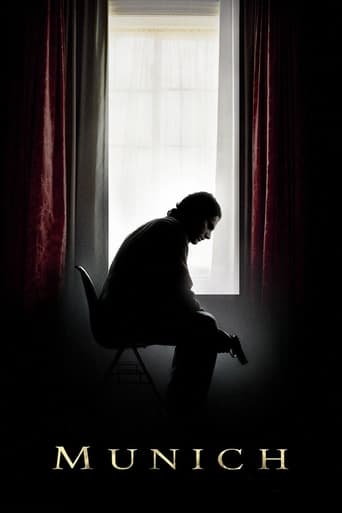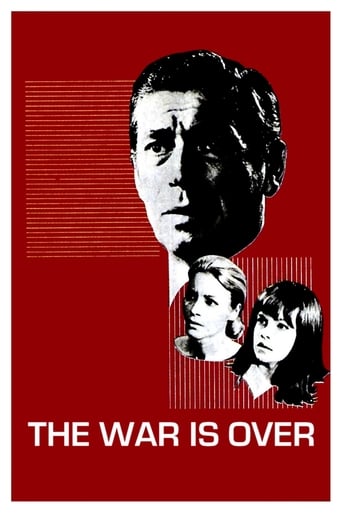
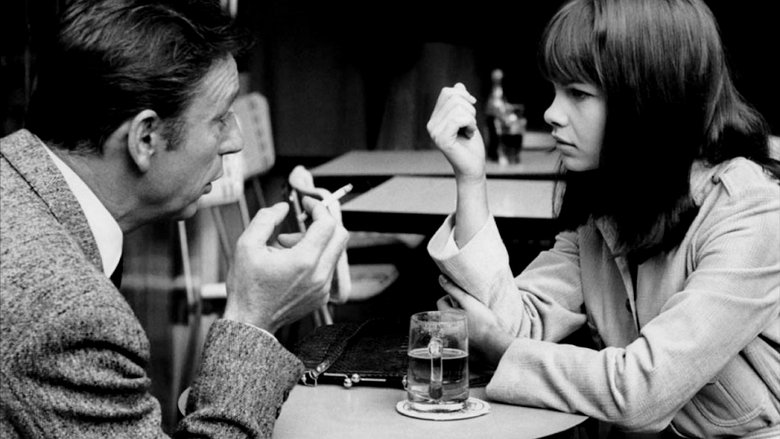
The War Is Over (1967)
Diego is one of the chiefs of the Spanish Communist Party. On his way from Madrid to Paris, he is arrested at the border for an ID check but manages to get free. When he arrives in Paris, he starts searching for one of his comrade to prevent him from going to Madrid where he could be arrested.
Watch Trailer
Cast
Similar titles
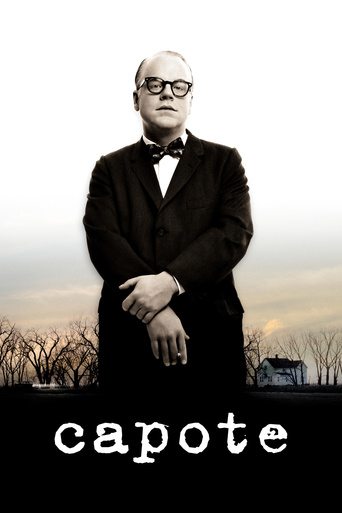

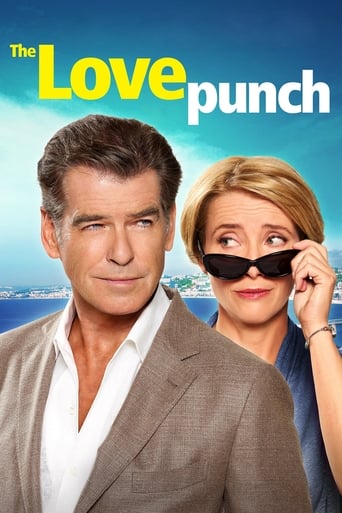
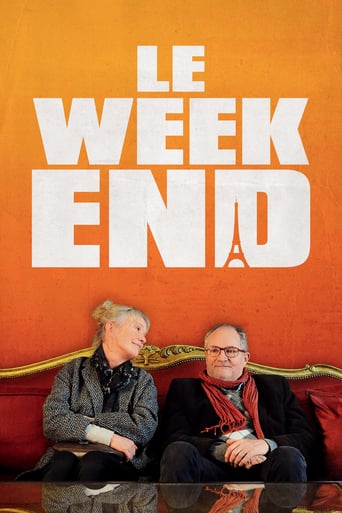
Reviews
You won't be disappointed!
For all the hype it got I was expecting a lot more!
The performances transcend the film's tropes, grounding it in characters that feel more complete than this subgenre often produces.
Fun premise, good actors, bad writing. This film seemed to have potential at the beginning but it quickly devolves into a trite action film. Ultimately it's very boring.
Yves Montand plays Diego Mora, a Spanish-born refugee living in France but working for the underground resistance trying to overthrow Franco's fascist regime. He's been in this life for years and is becoming disillusioned with the futility of his actions and the inability of his colleagues to change their modus operandi.The story starts at the French-Spanish border, Diego is stopped by the authorities. He was meant to meet a contact in Madrid as part of a plan to organise a general strike in Spain. The police let's him go but he feels something's wrong and his suspicions are confirmed when his friends start being arrested. So he returns to reorganise himself, meet the leaders of the resistance, and spend some time with his love, Marianne (played by Ingrid Thulin).It may sound disappointing to say that not much more happens in the course of the movie, but this movie is not a traditional political thriller. A viewer expecting suspense and tension will certainly find better options. The War Is Over is in fact a character study and an illustration of how futile and unpleasant fighting for one's convictions can be.Through the life of Diego Mora, we discover a world of freedom fighters that cinema seldom portrays: it's boring, it requires patience, it hardly achieves anything, and it's bogged down in rhetoric and theory instead of inspiring action, and no one is thanked for their personal and emotional sacrifices. This is the life of ordinary people who've given up their personal lives to fight for something they believe is worthy but who live forever in the uncertainty: is it all worth it? There are some scenes that stand out for its contrast of ideas: for instance, when Diego meets the leaders of the resistance, he suggests cancelling the general strike. His views are criticised for being too blinded by reality. It seems that Diego, spending too much time in Spain, can't see the big picture anymore, as opposed to the bourgeois-living leaders in Paris with their ideas and quotes from Lenin and other Marxist theorists. If you can't appreciate the black humor of this situation, this movie won't do anything for you.In another scene Diego meets, through a teenager who admires him, several young men who are planning to use explosives to fight Franco. It seems they're more in tune with his line of thinking, preferring action over theory. But Diego can't see eye to eye with them either. Exactly what does Diego want? That's the great existential mystery of the movie.I watched this movie because Jorge Semprún wrote it. Most viewers will come to it via Alain Resnais' name, but this director has never done much for me. So I have little to say about the editing or the cinematography. For me the quality of this movie is focused mostly on the screenplay and the acting.Jorge Semprún was perhaps more interested in politics than Resnais, as we can see by the movies he wrote later: Z, Special Section, The Confession. In these movies I admired his subdued approach to political thrillers. Rather than glamorising, making things exciting, he preferred to dismantle things and analyse them, get to the core of them. That is precisely what he does in The War Is Over, in showing perhaps the most realistic portrait of life in an underground resistance in cinema ever.
I was less interested in the political drama, than in the subtlety of the acting and the psychological realities of the film. I saw the main character, Diego, in a quest for identity, attempting to make an impact in this world, and constructing much of his life in his imagination as a part of his strategy to stay alive. When asked if he was tired of lying (about his work as a revolutionary and his identity) he responds that he is not lying but constructing "barricades" (to insure his safety).His quest to conceal his identity and stay alive can be seen as a parallel to the multiplicity of personae that we assume in this life, thinking that this is the only way that we might survive our life's experiences and prevent loss. It is a universal illusion that we can control our destiny and avoid the loss of love, admiration, meaning and purpose.As counterpoint, what the other characters thought so important and so real...the overthrow of Franco, the police preventing the revolutionaries from accomplishing that task, having a child with Marianne, making love (personal and impersonal)...becomes meaningless to him. Diego (if even that is his "real" name) cannot live a "normal" life in Spain, but he cannot live anywhere else. He is a Spaniard and can be only that. He "solves" his dilemma: he becomes tired enough to move towards his capture and death. A poignant, painful, resonant narrative of a life.
"La Guerre est Finie" aka The War is Over (1966) from French master Alain Resnais, is a taut intellectual yet very much visual thriller. Yves Montand is in his mature prime, and Ingrid Thulin so quietly sensual, while Geneviève Bujold gave an impressive debut performance. Resnais' creative cinematic approach in rich visual play mixed with voice-over narration, aptly intensified the suspense. We're literally inside Montand's character Diego's head - thinking with him, seeing through his eyes, having memory tracking along with him in either flash back or flash forward. We feel Thulin's subtle moves as Marianne - a slight turn of her head, gentle extension of her neck, every movement so delicately modest yet sensual in volumes. Bujold's Nadine has such delicious youthful verve befitting the character - she is the exciting accent. Thulin and Bujold each has an intimate segment opposite Montand delivered in Resnais' unique and refreshing points of view. It is cinematic nuance truly savory and appreciation optimal.Cinematography in black and white by Sacha Vierny is poignantly appropriate - suspense would probably be lessen if delivered in color. Music score by Giovanni Fusco further ensured the distinctive quality of this film. You can tell this is no Hollywood thriller formula. In fact, the film can very well be a character study of Diego or a visual journey through the interplay of character relationships, yet it's suspenseful nonetheless. The beginning segment with veteran actor Michel Piccoli as the shrewd custom inspector questioning Montand's Diego certainly is tense as any other spy thriller yarn.The war in the title can very well be within Diego: to decide whether to continue this life of 'professional revolutionary' or to start anew a 'normal' life with Marianne. The dilemma also carries over to Marianne: to decide to stay in Paris or love conquers all in pursuit after Diego (to the point of being a matter of life and death, indeed). "The War is Over" may seem complex, but it's actually an easier to follow film than other Resnais endeavors. Give it a try. It's available on DVD. Caution: do ignore the dubbed in English alternative - it would not be the real thing, definitely non-flavorful. Experience the film in French with English subtitles.
This film has aged rather well considering that it's nearly 40 years old, that the concrete political situation(the Franco dictatorship in Spain)it was enmeshed in has disappeared, and that the musical score, the very mannered montage, and the sex scenes are all hopelessly dated and stilted. What gives this film its vitality is the screenplay written by Jorge Semprun, and it resonates today as well as it did in the mid-60s. Semprun had just written his classic, "The Long Voyage", in 1963, and the crisp trenchancy of his narrative style is just as evident in this film as it was in that story of his 1944 voyage to Buchenwald as a captured fighter of the French Resistance. Though we may not feel any longer the need to reassess the strategy of how to overthrow Franco, we still know what it's like to feel you're at the end of the rope with no place to leap to (both politically and psychologically). What Semprun reminds us, both in this film and in "The Long Voyage," is that it's the opportunities to experience solidarity with and support for others over the course of the journey that matters in the end.
